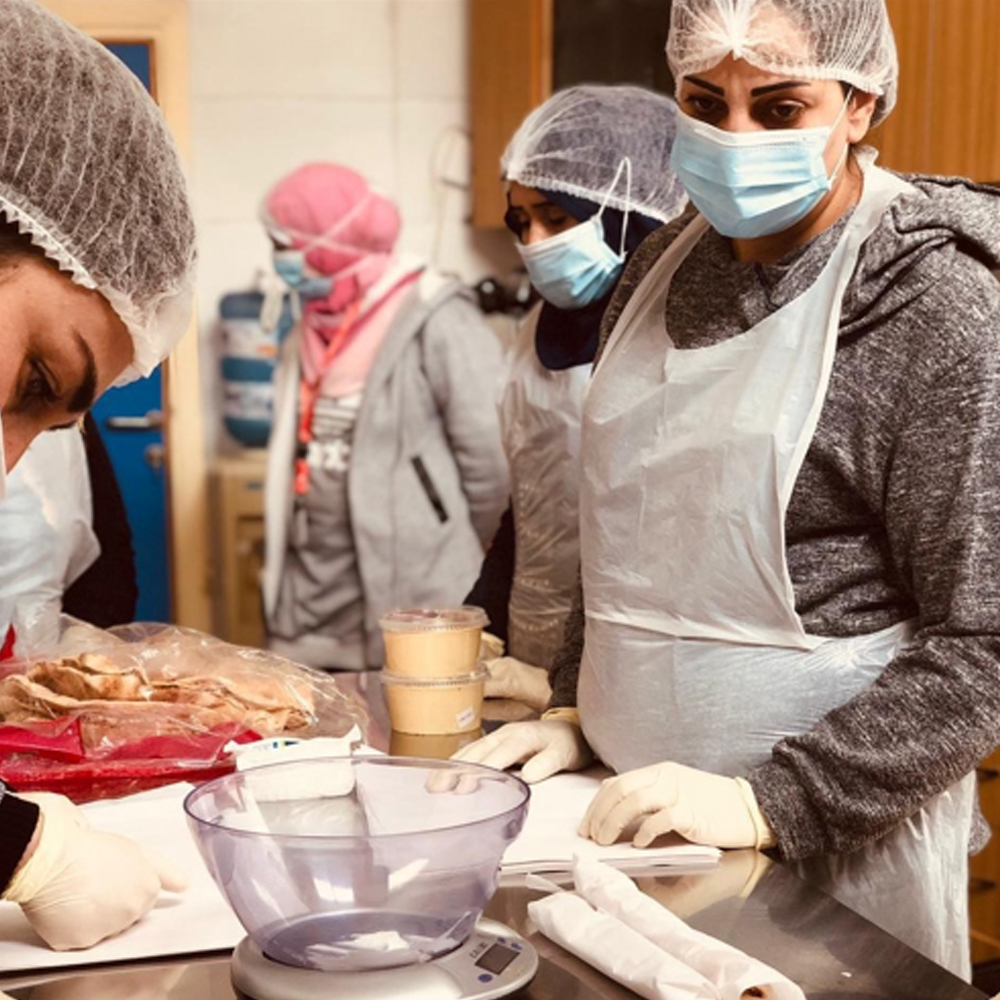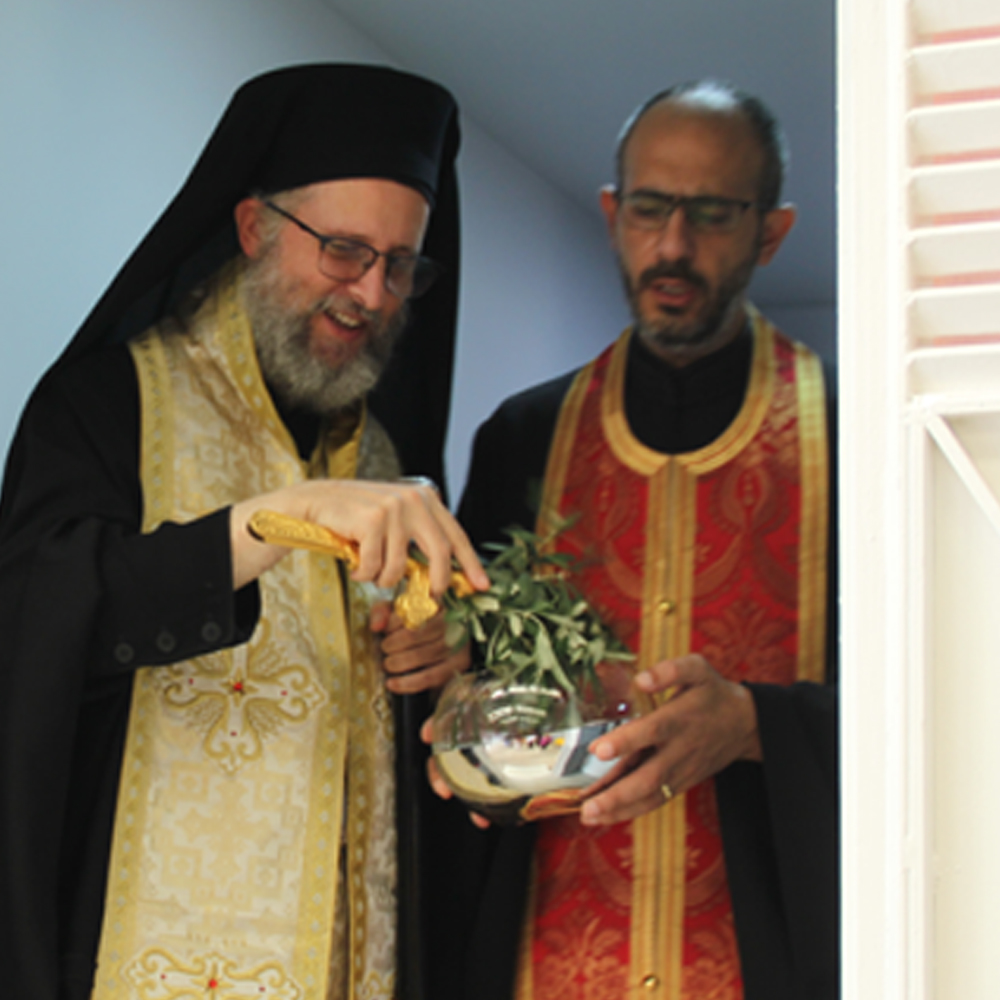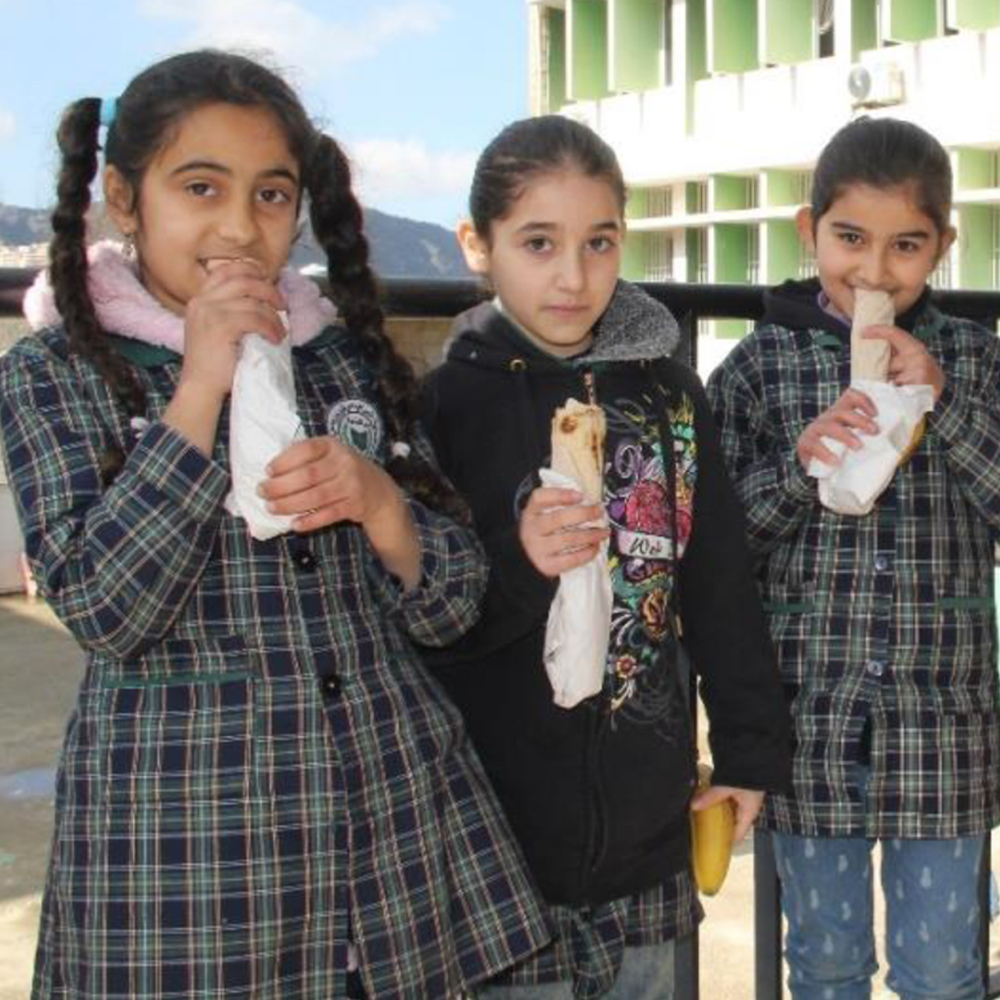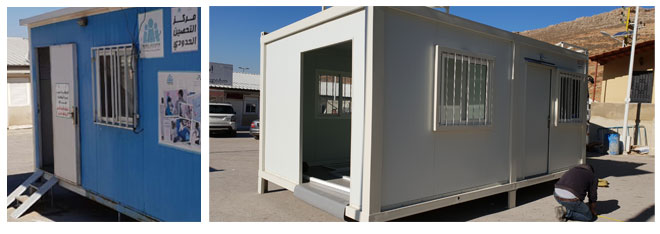
In a crisis, children are often hardest hit. To help protect them, IOCC, with funding from UNICEF, recently revamped makeshift vaccination centers at five Lebanon-Syria border crossings.
Why’s this important for children’s health?
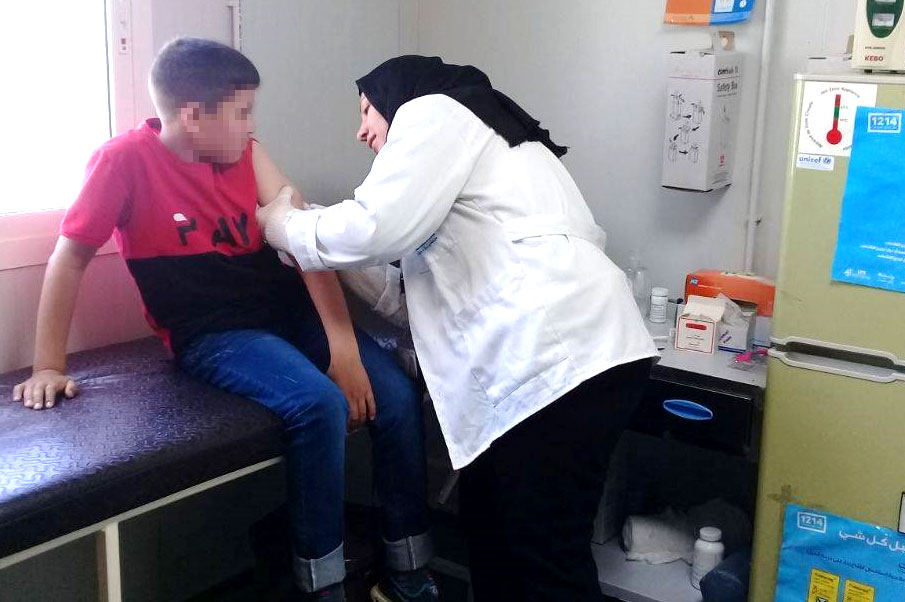
Conflict in Syria has destroyed infrastructure, including hospitals, so families haven’t had access to basic care. Many children—especially those born since the crisis began—have never been vaccinated against diseases like polio and measles. Among the best places to reach them is a crossing, but if facilities appear unsafe or dirty, parents tend to decline services for their children.
One post in the Bekaa Valley had 50 children, on average, crossing daily. Before IOCC’s project, vaccination operations there didn’t meet hygiene standards, and the space was isolated. “It was far [from the main facility],” said IOCC’s health supervisor there. “The single-room unit did not provide any privacy … and was poorly ventilated.”
IOCC placed a new unit in a central location, so health workers can reach people as they cross; added a separate latrine area; and trained health staff in best practices for administering and storing vaccines.
Children now receive vaccines in a private, clean environment. They now face the future protected against disease.


